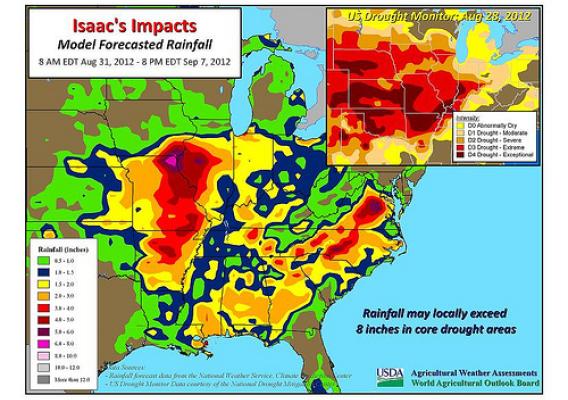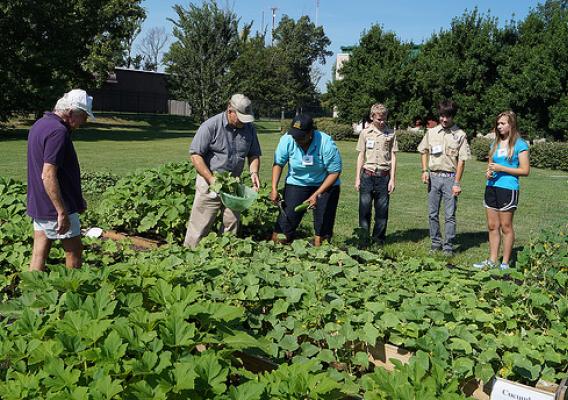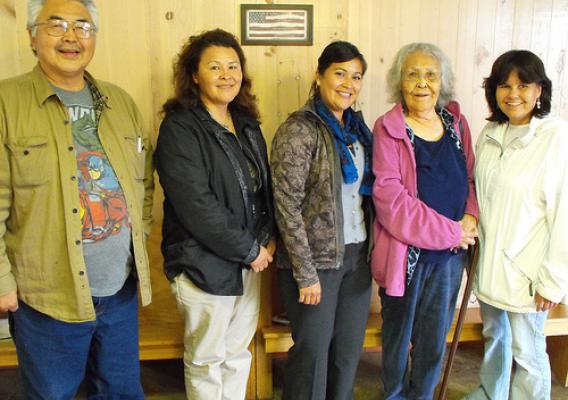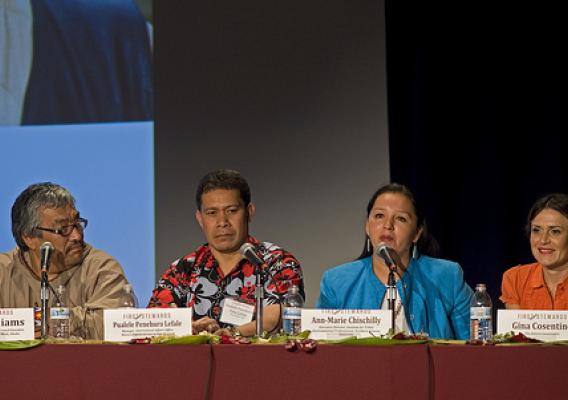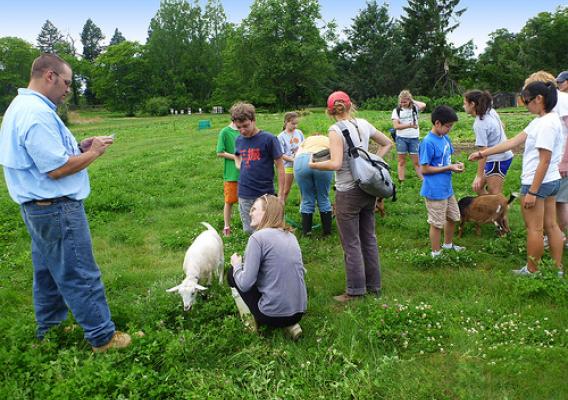Olga Morales admits she is kind of a workaholic.
Two decades ago, Olga Morales worked inside an egg products plant in Elizabeth, N.J., inspecting food to make sure it was safe for the public to purchase and to eat. Today, after rising through the ranks at the Food Safety and Inspection Service, she works at a desk job in Washington, D.C., where she investigates food safety violations by meat, poultry and egg products companies.
Despite the changes in her work environment between then and now, Olga feels the same excitement when she goes to work every morning as she did 20 years ago. “I am proud of my work, and I want everyone to know that,” she said.
Born and raised in Mayagüez, Puerto Rico, Olga knew when she was 5 years old that she wanted a career where she could help people and “make a difference” in their lives. It was in high school that her interest in science grew and she had the opportunity to do well in her favorite subjects—anything related to science. After earning a Bachelor of Science degree in Medical Technology from the InterAmerican University in Puerto Rico, she began her federal career with the U.S. Department of Defense working as a health technician and held other health-related jobs in the private sector.


